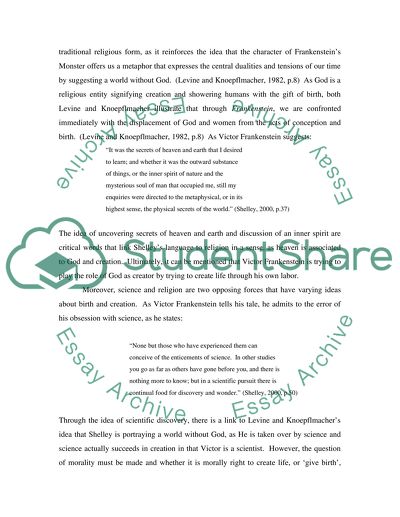Cite this document
(“Mary Shelleys Frankenstein Ph.D. Book Report/Review”, n.d.)
Mary Shelleys Frankenstein Ph.D. Book Report/Review. Retrieved from https://studentshare.org/literature/1499693-mary-shelleys-frankenstein-phd-book-reportreview
Mary Shelleys Frankenstein Ph.D. Book Report/Review. Retrieved from https://studentshare.org/literature/1499693-mary-shelleys-frankenstein-phd-book-reportreview
(Mary Shelleys Frankenstein Ph.D. Book Report/Review)
Mary Shelleys Frankenstein Ph.D. Book Report/Review. https://studentshare.org/literature/1499693-mary-shelleys-frankenstein-phd-book-reportreview.
Mary Shelleys Frankenstein Ph.D. Book Report/Review. https://studentshare.org/literature/1499693-mary-shelleys-frankenstein-phd-book-reportreview.
“Mary Shelleys Frankenstein Ph.D. Book Report/Review”, n.d. https://studentshare.org/literature/1499693-mary-shelleys-frankenstein-phd-book-reportreview.


